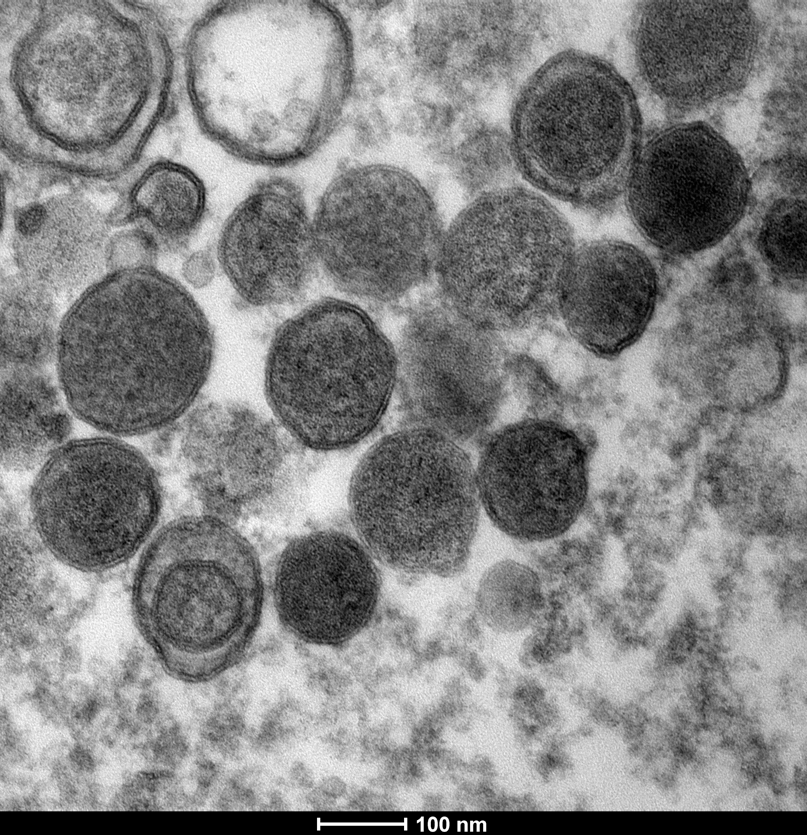Professor Abdirahman Abdi

Contact information
Research groups
Abdirahman Abdi
Associate Professor
I am a Senior Research Scientist at the KEMRI Wellcome Trust Research Programme in Kilifi, Kenya with a background in Biochemistry. My main interests are in understanding the host-parasite interactions important for malaria pathogenesis and immunity with the aim of developing new interventions.
My current research work focuses on exploring the mechanisms by which malaria parasites communicate within the parasite population and with the host by studying extracellular vesicles (EVs) such as exosomes. EVs are present in all body fluids, contain bioactive molecules such as proteins and RNA and are important for intercellular interactions. I am interested in studying both the content and the functional role of these vesicles to identify new interventions. This work was initially funded through a Wellcome Trust Training Fellowship (2014-2015) and is further being consolidated by another fellowship from the Wellcome Trust (Intermediate Fellowship 2018-2023). In my research, I apply multi-omics approach (genomic, transcriptomic, proteomic and metabolomic) coupled with cellular biology including cellular immunology.
In addition to malaria, I also have a broader interest in the “omics” of extracellular vesicles present in human body fluids such as blood and urine to better understand the human host response to infections, identify disease biomarkers and improve diagnostics.
My other research Interest include the major antigen expressed on the surface of malaria parasite infected erythrocytes, commonly known as PfEMP1, which has a major role in malaria pathogenesis and immunity.
Recent publications
-
A pragmatic randomized controlled trial of standard care versus corticosteroids plus standard care for treatment of pneumonia in adults admitted to Kenyan hospitals (SONIA)
Lucinde R. et al, (2025), Wellcome Open Research, 7, 269 - 269
-
Kinetics of naturally induced binding and neutralising anti-SARS-CoV-2 antibody levels and potencies among SARS-CoV-2 infected Kenyans with diverse grades of COVID-19 severity: an observational study
Kimotho J. et al, (2024), Wellcome Open Research, 8, 350 - 350
-
The mRNA content of plasma extracellular vesicles provides a window into molecular processes in the brain during cerebral malaria
Kioko M. et al, (2024), Science Advances, 10
-
Distinct transcriptomic signatures define febrile malaria depending on initial infective states, asymptomatic or uninfected.
Kimenyi KM. et al, (2024), BMC infectious diseases, 24
-
Linking cerebral malaria pathogenesis to APOE-mediated amyloidosis
Kioko M. et al, (2023)


